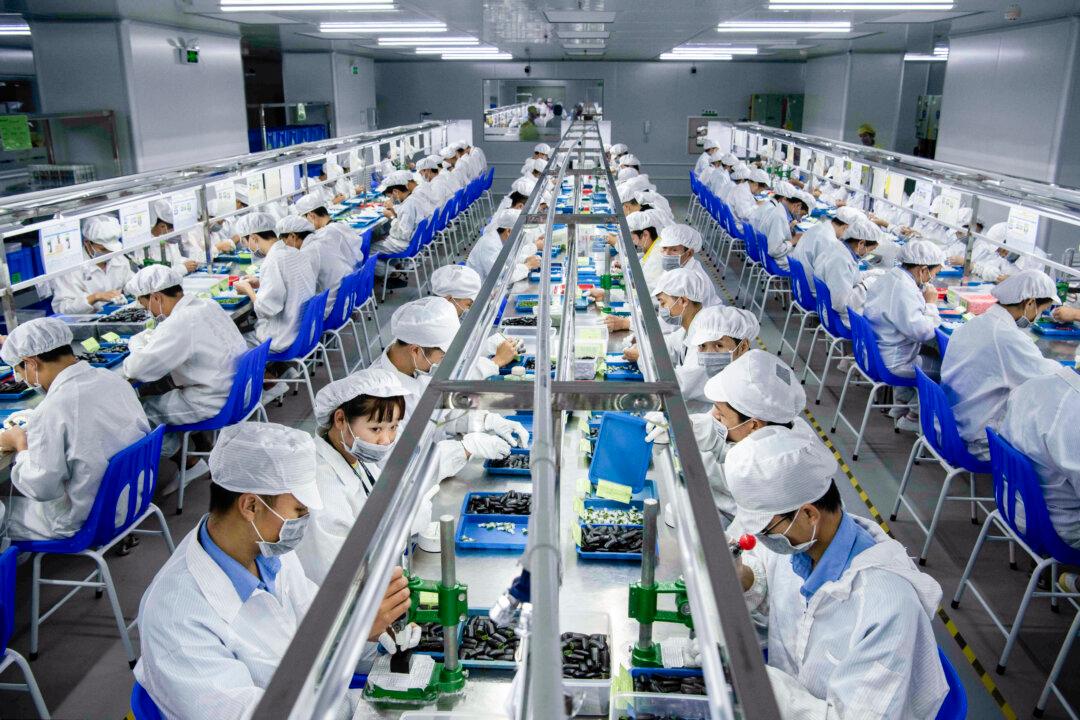The Chinese regime has tightened travel restrictions and increased orders for mass testing in its northeastern city of Harbin since Sept. 21 amid a fresh surge in COVID-19 cases.
An estimated 10 million residents in Harbin, the provincial capital of Heilongjiang, have received a new stay-at-home order. Authorities told them to avoid all non-essential travel. People who apply to leave the city must present a negative test result of CCP virus taken no more than 48 hours before departure. The CCP virus, commonly known as novel coronavirus, is the pathogen that causes COVID-19.




